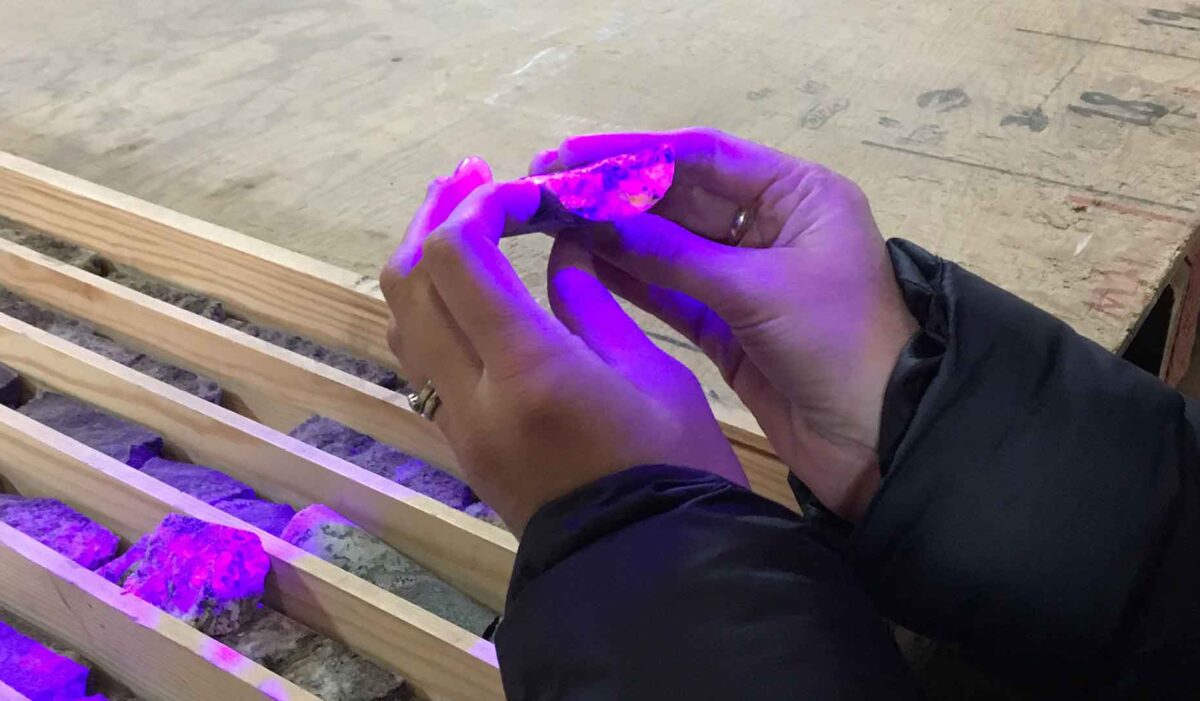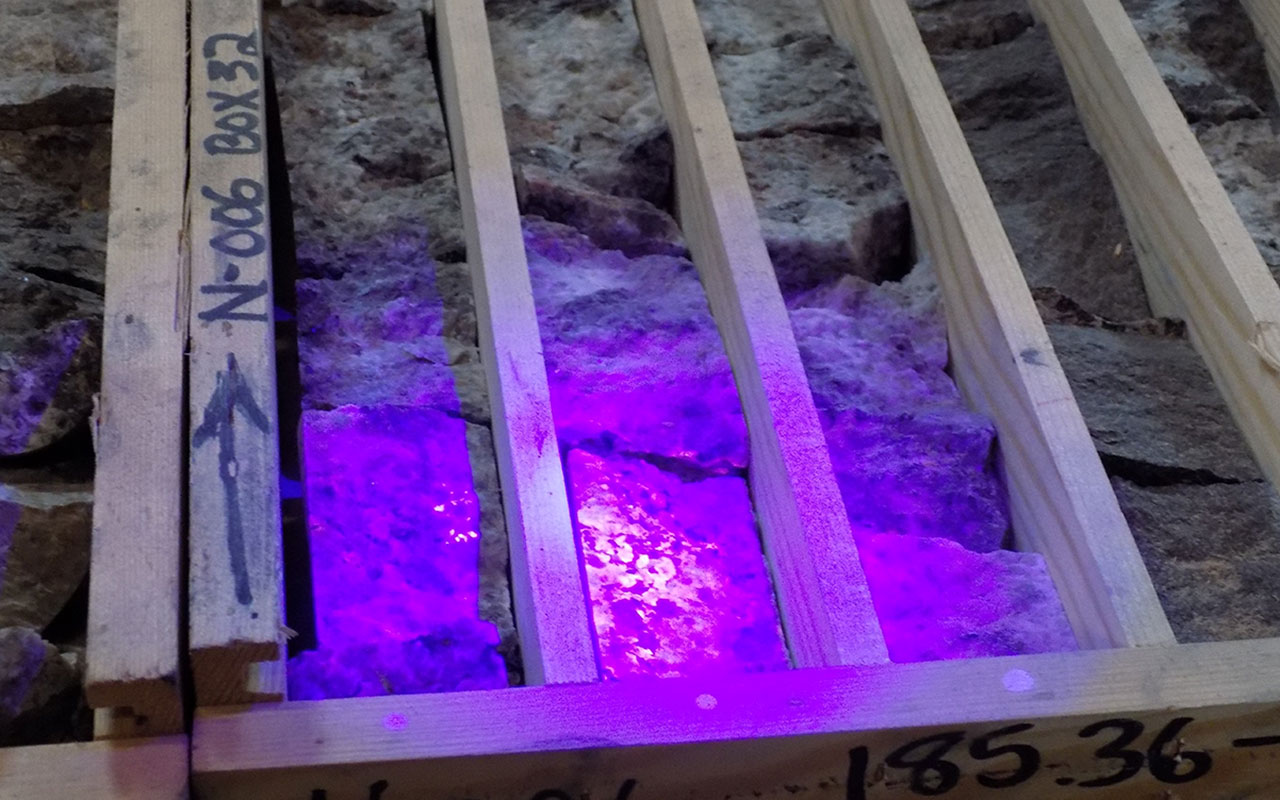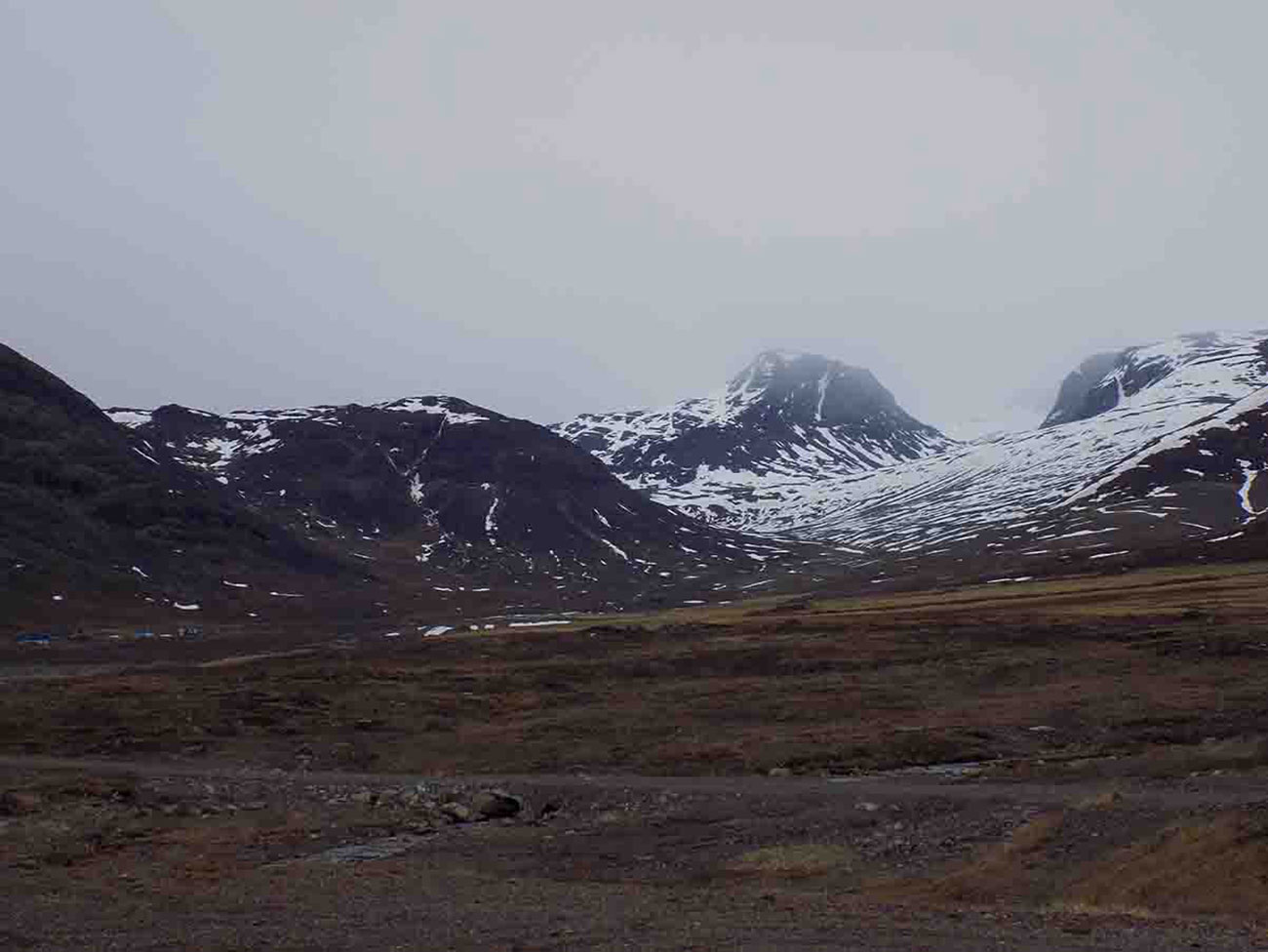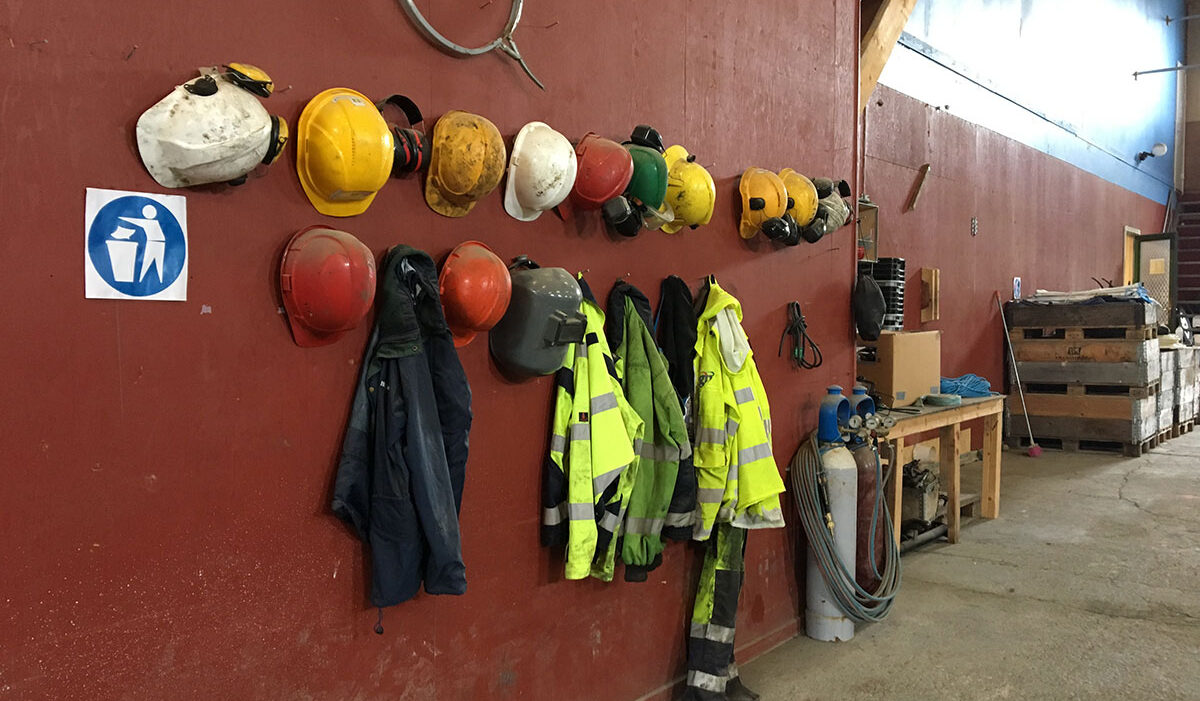Mining projects in Greenland can have negative consequences for the locals, even before actual work begins. Researchers suggest screening projects before the companies submit their applications. But sometimes it’s asking for trouble to contribute with professional input to these often very emotional mining debates in Greenland.
By Uffe Wilken, Polarfronten
In connection with the construction of a mine in Kuannersuit near Narsaq in southern Greenland, a series of public meetings have been held over the past 20 years where citizens have been able to question ministers, authorities, and mining companies. The intention is to extract rare earth elements, but a by-product of this process is uranium extraction. In one of the meetings, a woman got up and asked the panel: “Would you like to live in Narsaq, if the mine becomes reality?”
The question serves as a clear expression of the concern that prevails in any local community facing big construction projects. Projects make their impact on the community long before the groundbreaking may or may not happen. Professor Anne Merrild Hansen of Ilisimatusarfik – University of Greenland and Aalborg University, who was born and raised in Narsaq, understands why the woman would ask such a question. She would welcome a change, so this kind of concern can be addressed as early as possible in the planning process. She explains:
“We’ve been dealing with the environment for many years, and we know it well. That’s why we have limit values for what we can accept and not accept. But there are no limit values on social matters, which is why it’s difficult to argue for rejecting an initiative on the grounds that it will have a significant negative impact on the local community.”



